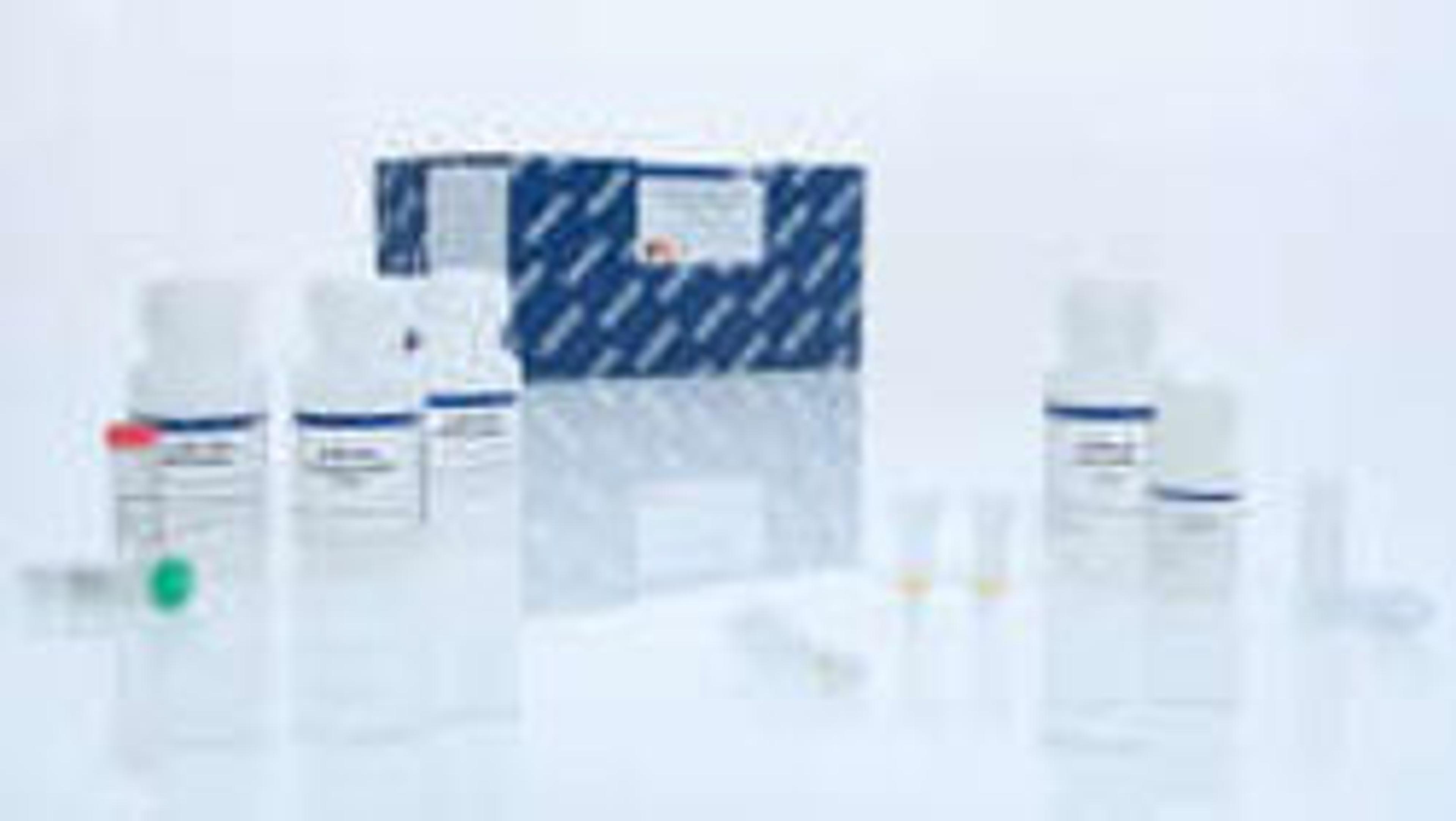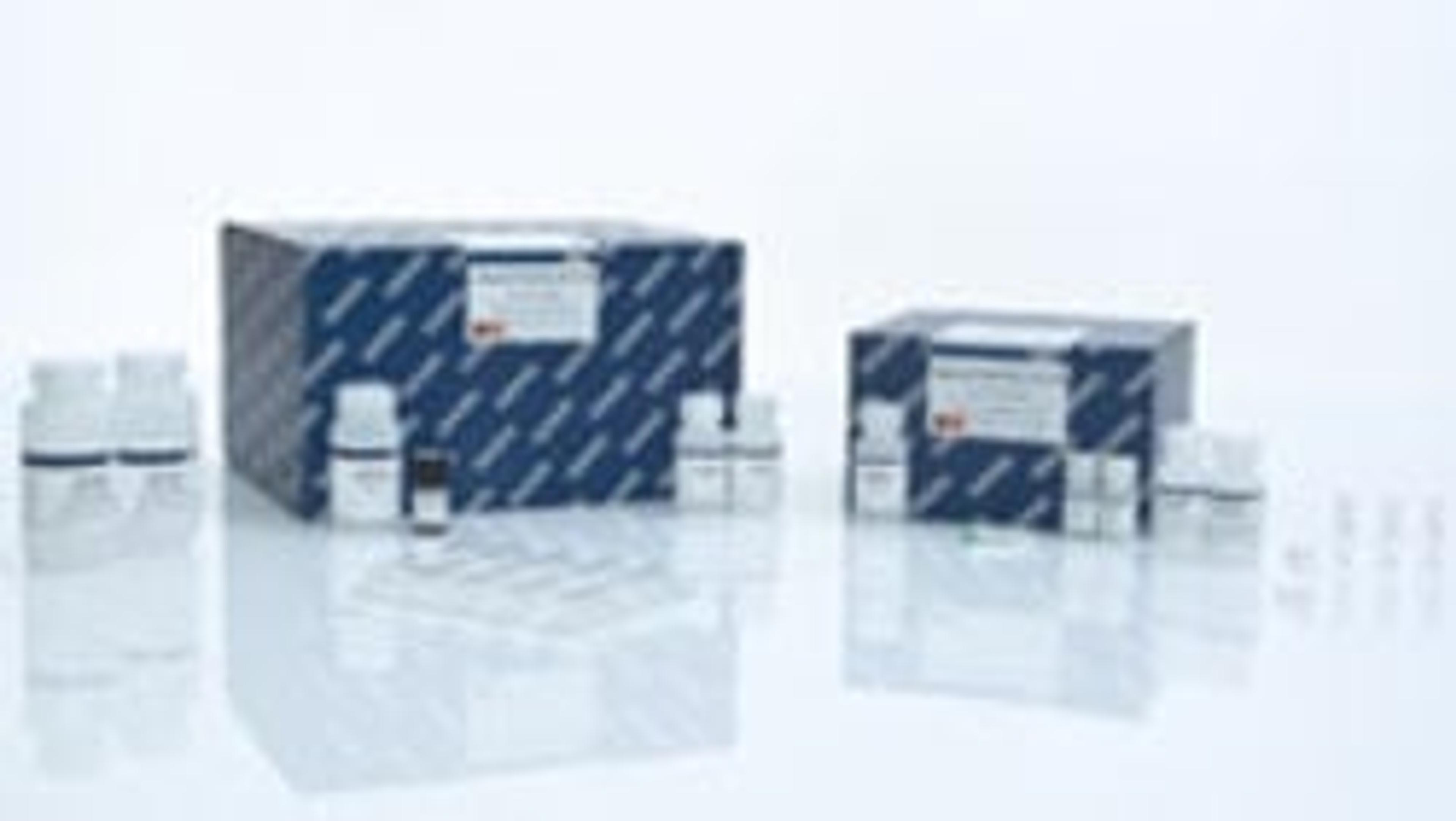QIAGEN expands integrated coronavirus NGS and software solutions
QIAseq SARS-CoV-2 Primer Panel converts viral RNA samples into libraries ready for sequencing, whereas QIAGEN Digital Insights solutions support COVID-19 drug, vaccine and epidemiology research
25 Aug 2020
QIAGEN has launched the innovative QIAseq SARS-CoV-2 Primer Panel for next-generation sequencing (NGS) of the novel coronavirus genome, along with integrated analysis and interpretation workflows for insights into the evolution and spread of the virus that causes COVID-19 disease. The new products are an expansion of QIAGEN’s broad offering of sample technologies, diagnostic tests and instruments, and research tools for use in the global effort to combat the COVID-19 pandemic.
“These solutions aim to accelerate research into COVID-19 prevention and treatment by enabling deeper, more holistic insights into the biology of SARS-CoV-2. The more we understand the novel coronavirus and its development, the better equipped the world will be to stop the pandemic,” said Thierry Bernard, Chief Executive Officer of QIAGEN. “We are partnering with leading institutes and companies to accelerate this vital research. Our new QIAseq SARS-CoV-2 Primer Panel and software pipeline will guide researchers into insights on the epidemiology, metatranscriptomics, immune response and pathways of the coronavirus – contributing to drug and vaccine development and public health strategies.”
QIAGEN’s new QIAseq SARS-CoV-2 Primer Panel provides optimized, single-day workflows to prepare libraries for sequencing as researchers use NGS to track viral genome changes in studying the epidemiology of virus outbreaks. The two-step process uses advanced QIAseq technologies to conduct reverse transcription and cDNA synthesis from a viral RNA sample, then generate libraries compatible with Illumina sequencing platforms. The workflow is faster and has lower-input requirements compared to hybrid capture solutions.
The panel is supported with software pipelines tailored to SARS-CoV-2 genome analysis using QIAGEN’s CLC Genomics Workbench. The optimized and configurable pipelines allow researchers to identify viral genome sequence variation across samples, and to visualize strain divergence across populations and geographies using phylogenetic approaches. QIAGEN also provides a complete Sample to Insight SARS-CoV-2 Whole Genome Sequencing Service covering all aspects of the workflow, from RNA isolation to NGS library preparation and data analysis.
The first independent study using the new QIAGEN workflows, an analysis of COVID-19 epidemiology in India, has been published in the Journal of Biosciences. The study used QIAGEN’s QIAamp Viral RNA Mini Kit for extraction of RNA. Researchers used the QIAseq SARS-CoV-2 Primer Panel for viral genome amplification in samples that did not generate sufficient NGS reads, converting the RNA to double-stranded cDNA and amplifying it, then generating libraries for sequencing on an Illumina instrument. The sequences were assembled and analyzed using QIAGEN CLC Genomics Workbench.
“We urgently need more research into the evolution of this virus. As we found in eastern India, mutations are emerging in the SARS-CoV-2 genome that might modulate viral transmission, replication efficiency and virulence in different regions of the world. Genomic research is required to improve understanding of transmission patterns, tracking of the outbreak and formulation of effective containment measures,” said Dr. Arindam Maitra, Associate Professor at the National Institute of Biomedical Genomics in India, one of the authors. “We found that a viral genome amplification method like the QIAseq SARS-CoV-2 Primer Panel was ideal for looking at low copy number, or high CT samples when compared to other methods.”
As a global leader in NGS solutions for evaluation of microbiomes and metagenomics, QIAGEN also offers a complete QIAseq workflow to expedite metatranscriptomics research and efficiently decipher the complex interplay between the SARS-CoV-2 virus, the host and its microbiota. A recently published study by Shah, S.J., et al. (2020) has illustrated the application of QIAseq FastSelect rRNA removal technology in facilitating SARS-CoV-2 metatranscriptomics, leading to a more comprehensive evaluation of co-infection rates in COVID-19 patients.
Since the start of the COVID-19 pandemic, QIAGEN’s initiatives focus on building the most comprehensive portfolio of solutions for COVID-19 testing. These include ramping up production of viral RNA extraction for use on QIAGEN’s QIAcube, QIAsymphony and EZ1 platforms as well as third-party instruments; building up a range of PCR tests on the QIAstat-Dx and NeuMoDx systems that enable COVID-19 detection while analyzing samples at the same time for other respiratory infections; and delivering universal next-generation sequencing (NGS) solutions for use with any sequencer, in particular gene panels like the QIAseq SARS-CoV-2, which are integrated with bioinformatics for analysis of the SARS-CoV-2 virus. QIAGEN is also scaling up production capacity for reagents sold to other companies for use in their own COVID-19 tests.
Want more of the latest science news straight to your inbox? Become a SelectScience member for free today>>


